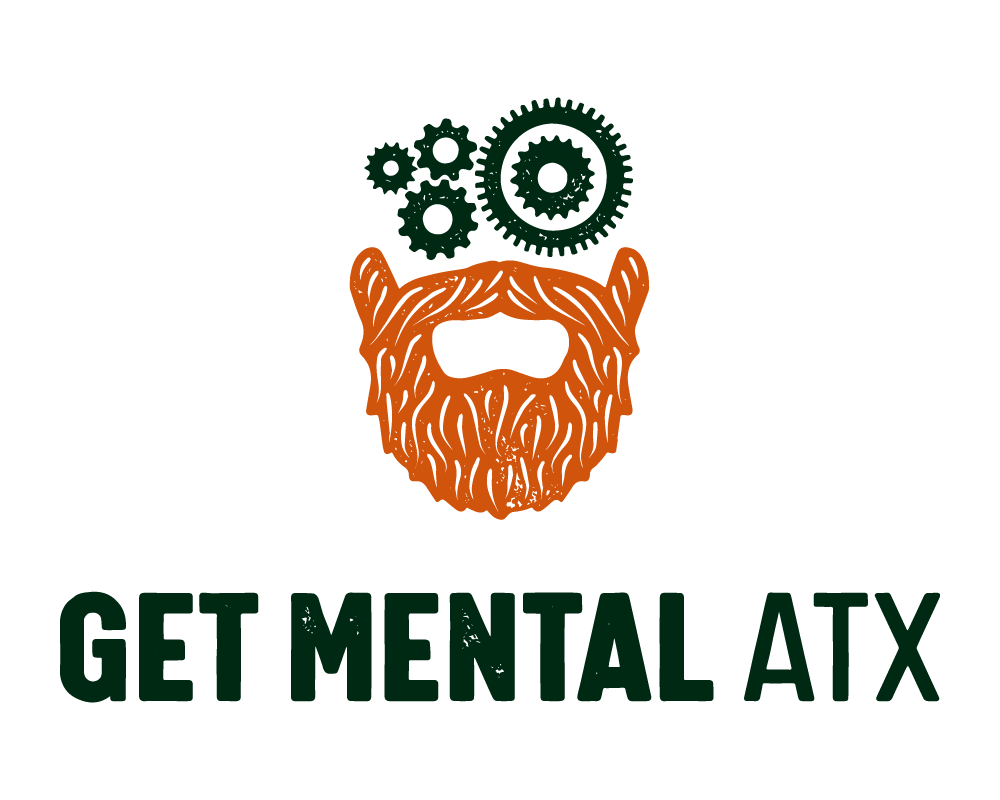5 Tips for Living with Anxiety
PIXABAY/CC0
Having feelings of anxiety - that nervous and uncomfortable feeling like things won’t be alright - can be quite unpleasant to say the least. When you deal with feelings of tension and nervousness it can be overwhelming and at times debilitating. While each person’s situation and circumstances are different and so there isn’t a single magic trick to resolve any and all feelings of anxiety there are some common factors across various experiences of anxiety that we can use to help limit how anxiety affects us. Over the next few blogs I will explore these different tips and give some more insight on how they can help you live with your anxiety.
The first step will be to Recognize What’s Happening. Knowing what’s going on with your body and mind when you become anxious can be very rewarding in that it provides some context for you. Even though just knowing what’s happening doesn’t “fix” those feelings, it can be a helpful step in making sense of your life and maybe help you not feel so out of sorts.
How does anxiety start?
Anxiety starts when we find ourselves face-to-face with an unpleasant situation, especially if it is one we aren’t prepared to confront. While we can still be anxious when dealing with something we do quite often, it can hit us hardest when it’s a new or uncommon thing.
These kinds of physical behaviors typically occur when we have the “fight or flight” response. Though in reality there are other ways we respond to stress (like “freeze” or “friend” etc.) I bet you are familiar with this concept. Part of your brain sees a threat to your well-being and gears you up physically to deal with that “threat” by generally being ready to fight it off (like an angry cat) or run away from it (maybe also an angry cat). When we find ourselves in this kind of “dangerous” situation our mental faculties are routed into dealing with this stressor. This new mental focus causes changes in our bodies which we will talk more about below.
How does anxiety affect the body?
Part of what’s happening when we feel anxious is that biological and physiological response (our bodies are doing stuff) that arises from the aforementioned “fight or flight” stuff. The most common physical responses that people share with me include increased heart rate and breathing and also some tension in their muscles (neck or shoulders are most common). Sometimes people even feel their hands tightening into fists and find that their legs are doing that restless thing. You are now in the “fight or flight” (or freeze or friend etc.) zone. Your body is amped up and ready to act. While this is useful in the aforementioned “angry cat” scenario, it becomes unhelpful when it happens if we have to speak in front of others, or drive on a very busy highway, or struggle with feeling like we are going to disappoint people. In these situations our bodies tend to release some adrenalin and activate different parts of our nervous system to handle the imminent danger we are facing. At this point it is very difficult to calm yourself back down by sheer force of will. Our brains are trying to keep our bodies amped up while our minds are trying to stay calm - we are at an impasse.
What are some ways to reduce anxiety?
Connected to the idea that you are now in “fight or flight, etc” mode, one method to reduce anxiety is to try and help your body relax. It may seem like you should be able to just recognize that whatever is bothering you shouldn’t be a stressor and you should just calm down, but when has that ever worked, just telling someone to calm down and then they actually calm down. When your mind and body are tense getting either one to be more calm will only help reduce your overall anxiety. Here is a simple exercise to help you begin taking control back from your body’s automatic responses when you feel anxious or nervous. As soon as you start to notice any of the physical signs of your anxious feelings perhaps try this breathing exercise.
Slowly breath in through your nose while you count to four.
Hold your breath for a seven-count.
Slowly exhale through your mouth as you count to eight.
Repeat this cycle a total of three times.
This exercise helps to slow your heart rate, control your breathing, and also gives your brain some more oxygen to hopefully then process your situation a little bit clearer. Then you can take stock of what’s happening and maybe find yourself a little less stressed. Next time, we will look into what causes you to feel like this.

